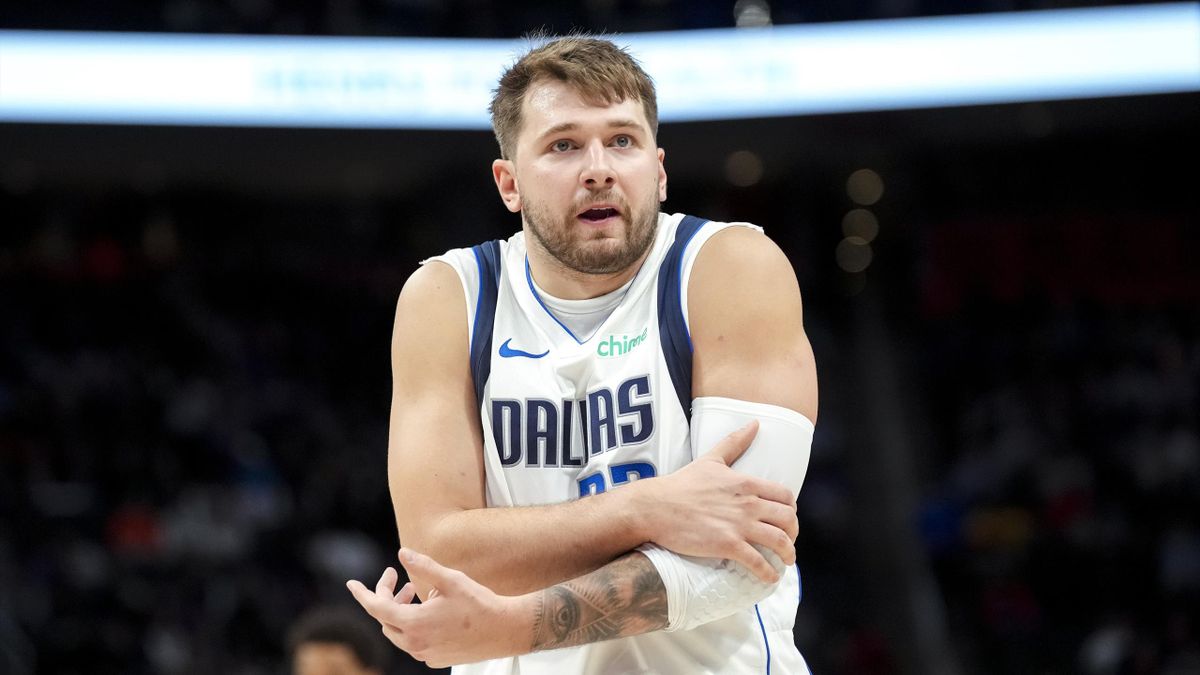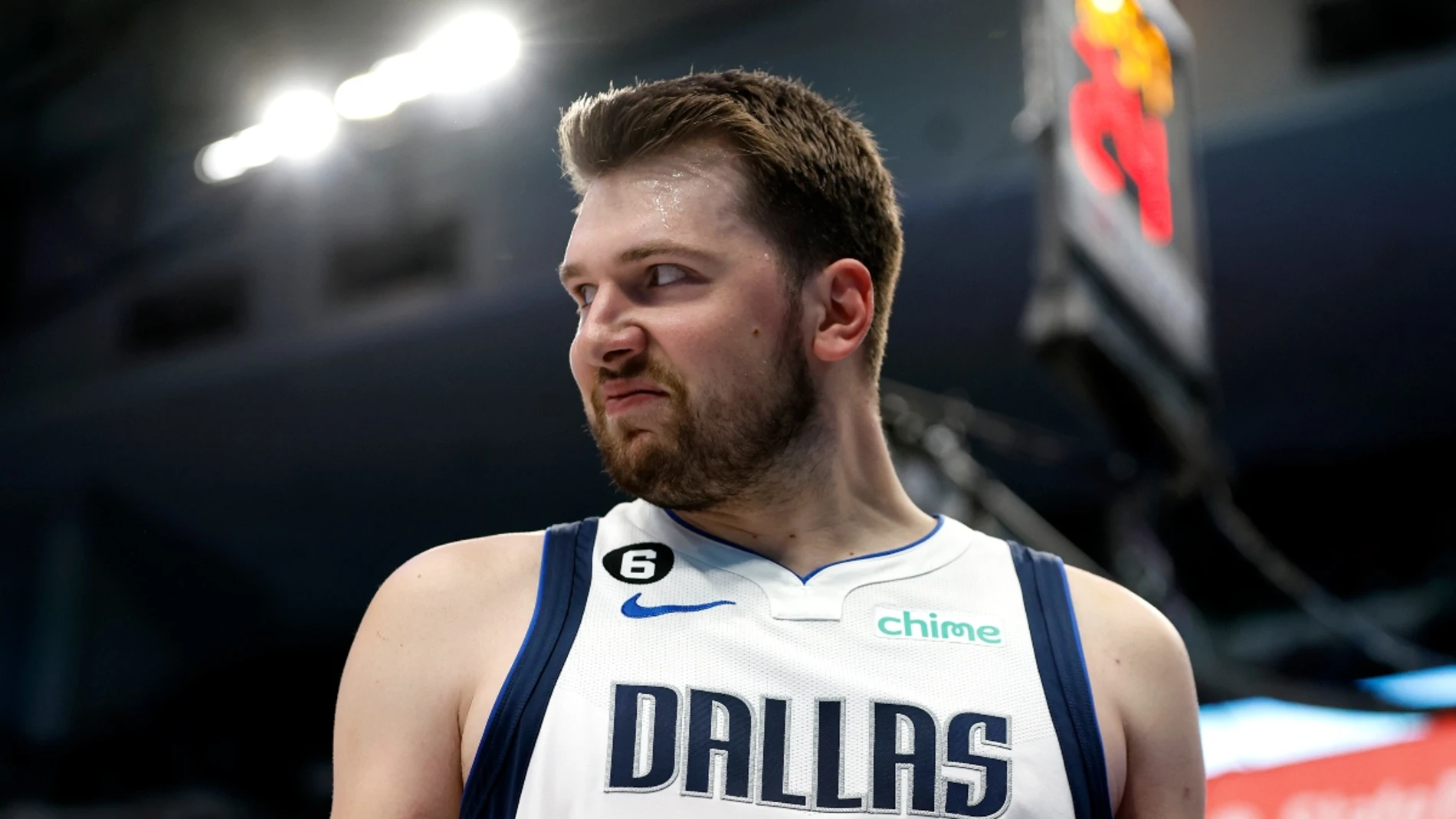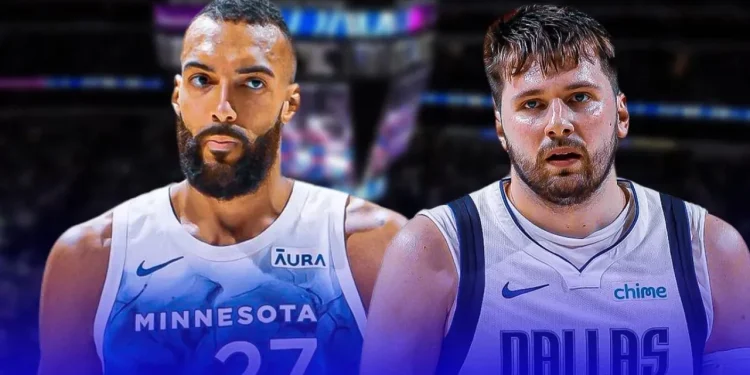For Dallas Mavericks prodigy Luka Dončić, a verbal jab from a courtside heckler during Game 5 of the Western Conference Finals not only fueled his performance but also demonstrated why he’s considered untouchable when it comes to psychological warfare on the court.
This episode vividly illustrates how elite athletes like Dončić channel adversity into triumph, solidifying their status in the sport.

The Catalyst of Luka Dončić’s Dominance
At just 25, Luka Dončić has already established himself as a player who thrives under pressure, particularly when that pressure comes from opposing fans.
During a crucial moment in the first half, after securing an and-one, Dončić turned the heat back on the heckler with a pointed shout, “We here! Who’s crying, [now]?” This retort wasn’t just a fleeting reaction; it was a clear message that Dončić uses such interactions as fuel for his competitive fire.

The scene caught the attention of everyone in the arena, including celebrity spectator Snoop Dogg, who couldn’t help but react with a mix of laughter and astonishment at the intensity of the moment. This interaction highlights the unique blend of sports and entertainment that defines NBA games, where moments of human emotion can become viral sensations.
Behind the Scenes of the Viral Moment
Post-game, when probed about the specifics of the heckling, Dončić chose to keep the details under wraps, humorously noting, “I can’t tell you. If I tell you, I could sue him. But, you know, that gets me going.
Everybody knows that.” This statement not only adds a layer of intrigue but underscores Dončić’s savvy in handling media attention—turning potentially negative experiences into narratives of empowerment and focus.
The strategic silence from Dončić also serves as a reminder of the psychological games that play out in professional sports, where players often have to navigate not just physical challenges but also mental and verbal distractions from fans and opponents alike.

A Performance to Remember
The heckler’s comments, intended to destabilize Dončić, backfired spectacularly. Motivated by the challenge, Dončić exploded for 20 points in the first quarter alone, setting the tone for what would be a game dominated by his prowess.
This game not only cemented Dončić’s reputation as a clutch playoff performer but also highlighted his ability to turn adversity into advantage—a trait that’s crucial for stars aiming to leave their mark on the playoffs.
The Art of Turning Trash Talk into Triumph
Luka Dončić’s response to courtside challenges exemplifies how top athletes use psychological warfare to their advantage. As the NBA continues to evolve, the ability to handle pressure—not just from the game but from the environment—remains a defining trait of its biggest stars.

Dončić, with his blend of skill, mental fortitude, and entertainment value, continues to redefine what it means to be a leader on and off the court, proving that sometimes, the best way to silence critics is to let your performance do the talking.
Source: Yardbarker









